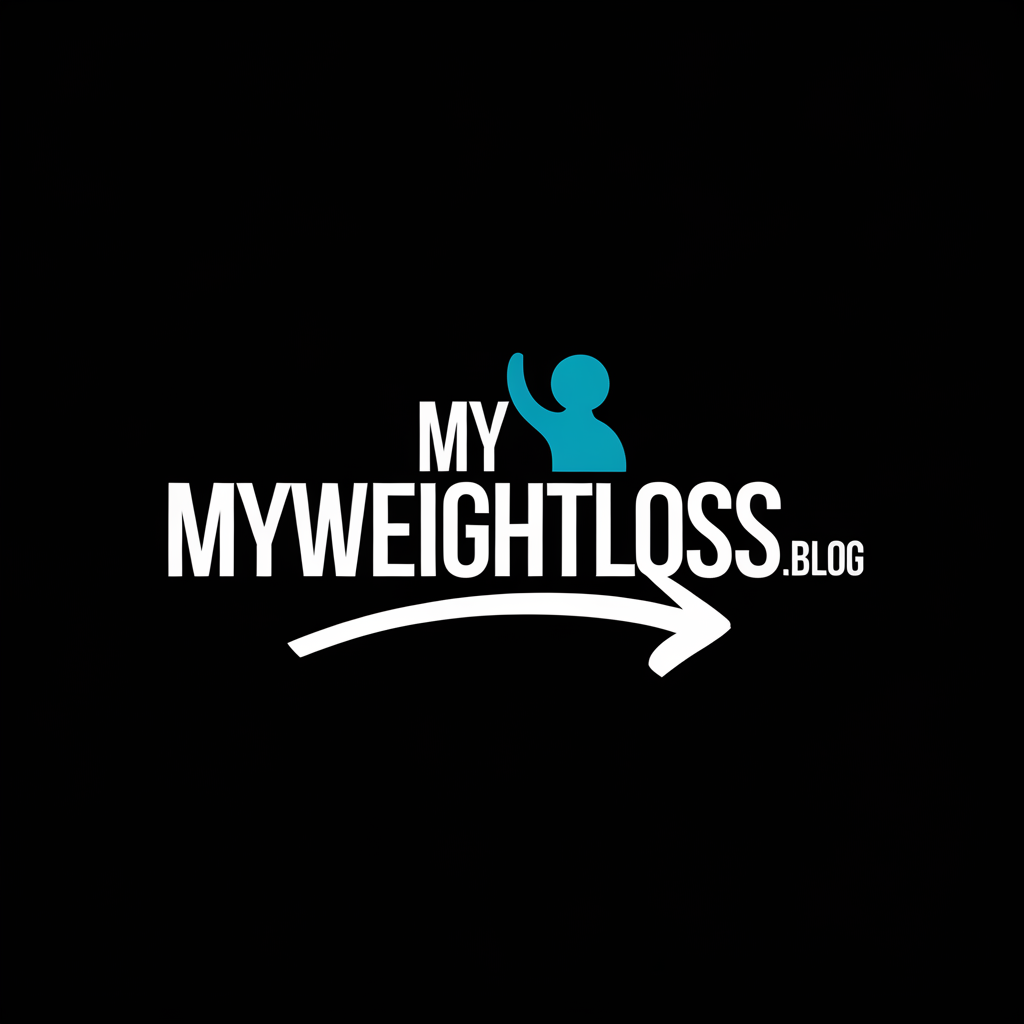Why Drinking Coffee Might Be Stopping You From Losing Weight!
If you’re struggling to shed those stubborn pounds despite your best efforts, your daily coffee habit might be the hidden culprit. While you’ve likely heard about coffee’s potential to boost metabolism, the relationship between your favorite brew and weight loss isn’t that simple. From disrupting your blood sugar levels to affecting your sleep quality, your coffee consumption could be secretly undermining your weight loss goals in ways you haven’t considered.
The Hidden Link Between Coffee and Blood Sugar Spikes
Although many people drink coffee to boost their metabolism, this popular beverage can trigger unexpected blood sugar fluctuations. When you drink coffee, especially on an empty stomach, your body releases stress hormones that can raise your blood glucose levels.
You’re not alone if you’ve noticed feeling jittery or anxious after your morning cup. These blood sugar spikes can interfere with your weight loss goals in surprising ways. When your glucose levels surge and then crash, you’ll likely experience intense cravings and hunger pangs.
Like many coffee drinkers, you might find yourself reaching for sugary snacks to feel balanced again. This cycle can lead to unwanted calories and derail your progress. Additionally, sleep deprivation can exacerbate these cravings, making it even harder to stick to your weight loss plan.
To maintain steady blood sugar while enjoying coffee and pursuing weight loss, try having your coffee with a protein-rich breakfast. This simple change can help you avoid the spike-and-crash pattern that many of us experience.
How Your Coffee Creamer Sabotages Weight Loss
Your daily coffee creamer could be the hidden culprit behind stalled weight loss efforts. Like many coffee lovers, you might be unknowingly adding hundreds of empty calories to your morning cup through flavored creamers packed with sugar, hydrogenated oils, and artificial ingredients.
A typical serving of flavored creamer contains 35-50 calories, but most people pour two to three times the suggested amount. That means you’re likely consuming 100-150 calories per cup before even considering the coffee itself.
If you drink multiple cups daily, these calories add up quickly.
What’s more concerning is that many commercial creamers contain corn syrup, carrageenan, and artificial flavors that can trigger inflammation and cravings. These ingredients may increase your appetite throughout the day, leading to additional snacking and overeating. Additionally, many of these creamers are high in hidden sugars that can sabotage your weight loss efforts.
Caffeine’s Impact on Your Sleep and Weight Connection
While coffee may give you an energy boost during the day, drinking it too late can disrupt your sleep cycle and sabotage weight loss efforts.
When you don’t get enough quality sleep, your body’s hunger hormones go haywire, leading to increased cravings and potential weight gain.
-
Poor sleep decreases leptin (the hormone that signals fullness) while increasing ghrelin (the hunger hormone), making you more likely to overeat.
-
Lack of sleep impairs your metabolism, causing your body to burn fewer calories throughout the day.
-
Sleep deprivation affects your decision-making abilities, making you more likely to choose unhealthy foods and larger portions.
-
Caffeine can stay in your system for up to 10 hours, so that afternoon coffee might be preventing you from getting the restorative sleep you need. Adequate sleep is essential for a healthy lifestyle, not just a luxury.
To support your weight loss journey, try cutting off caffeine intake by 2 PM and establish a consistent sleep schedule.
Coffee’s Effect on Hunger Hormones and Cravings
Beyond its impact on sleep, coffee directly influences your body’s hunger signals and appetite control. When you drink coffee, especially on an empty stomach, it triggers the release of cortisol, your body’s stress hormone.
This hormonal shift can disrupt the balance of ghrelin and leptin – your hunger and satiety hormones – making you more likely to overeat later in the day.
You’re not alone if you’ve noticed increased cravings for sugary foods after your coffee fix. Caffeine can cause blood sugar fluctuations that lead to intense cravings, particularly for carbohydrates and sweets.
Your morning cup might give you a temporary feeling of fullness, but it’s actually setting you up for a roller coaster of hunger pangs and potential overeating.
What’s more, adding sweeteners and creamers to your coffee can further amplify these hormonal disruptions, making weight loss even more challenging. Additionally, understanding how stress hormones affect your body can help you make better choices regarding your coffee consumption and overall diet.
The Truth About Coffee and Metabolic Rate
Although coffee has long been touted as a metabolism booster, research suggests its effects aren’t as straightforward as many believe.
While caffeine can temporarily increase your metabolic rate, your body quickly develops tolerance to these effects, diminishing the long-term benefits you might expect for weight loss.
Like many of us trying to shed pounds, you’ve probably heard that coffee can help burn more calories.
Here’s what you need to know about coffee’s real impact on your metabolism:
- Your metabolic boost from coffee peaks at just 3-4 hours after consumption.
- Regular coffee drinkers develop tolerance within 1-2 weeks, reducing the metabolic benefits.
- The calories you burn from coffee’s metabolic boost amount to only 50-100 daily.
- Your body’s stress response to caffeine can actually slow metabolism in some cases.
Additionally, understanding how hormonal imbalances affect weight loss can provide further insight into your body’s response to coffee consumption.
Understanding these limitations helps you make more informed decisions about your weight loss journey, rather than relying too heavily on coffee’s metabolic effects.
Smart Coffee Drinking Strategies for Weight Loss Success
Since coffee can both help and hinder weight loss efforts, it’s essential to develop smart drinking strategies that maximize its benefits. You’ll want to time your coffee consumption carefully and be mindful of what you’re adding to your cup.
| Do This | Don’t Do This |
|---|---|
| Drink black coffee | Add sugary syrups |
| Have coffee before workouts | Drink after 2 PM |
| Choose organic beans | Order fancy coffee drinks |
| Limit to 2-3 cups daily | Mix with artificial sweeteners |
| Pair with healthy snacks | Use coffee as a meal replacement |
Start your day with a cup of plain coffee about 30 minutes before exercise to boost your metabolism. If you’re craving something more indulgent, try adding a splash of unsweetened almond milk or a dash of cinnamon. Remember to stay hydrated by drinking water throughout the day, and cut off your coffee intake by early afternoon to protect your sleep quality.

